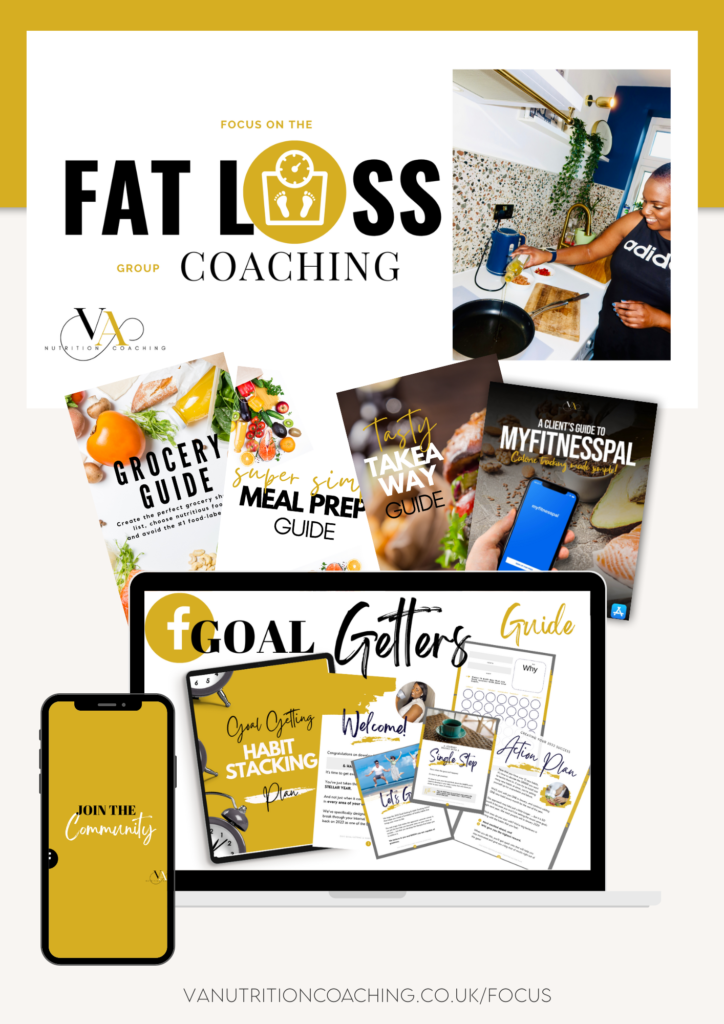If you’re like most people, you’ve heard the term “food addiction” and thought, “That’s just an excuse for being lazy.” But what if I told you food addiction is real? And what if I told you there are ways to fight back against your addiction and win? Well guess what, there are! In this article, I’ll share five simple tricks that have worked for me many times. After reading them all, pick out one or two that make sense for your situation and try them out! You may be surprised by how effective they can be when fighting off temptation at mealtime—and beyond!
1. Keep a food journal
Journaling is a great way of gaining insight into your eating habits. You’ll be able to see if there are any patterns in what triggers your cravings, as well as recognize how much food is actually going into your mouth. A food journal is also a good way of keeping track of what foods work for you and which ones don’t.
2. Identify your triggers.
It is important to understand what triggers your food addiction, because triggers are the cues that cause your brain and body to crave a specific food or type of food. These can be physical (the sight or smell of something) or emotional (feeling stressed, anxious, sad). Once you identify your own personal triggers and understand the role they play in the cycle of addiction, it will be easier for you to recognize them when they occur and take steps so they don’t derail your diet goals.
3. Commit to eating on a schedule.
Commit to eating on a schedule. It might seem like the opposite of what we’ve been telling you—after all, if you’re a food addict, it’s easy to see how not eating when you’re hungry could be counterproductive (see point 2 above).
- Eating at the same time every day is one way to make sure you eat regularly without having to think about it. It’s also a great way to make sure your body gets the nutrition it needs.
- Breakfast is an important meal for anyone—and especially those who are trying to control their weight. Eating breakfast gives you fuel for the rest of your day and keeps hunger at bay until lunchtime arrives. Consider including protein in this meal, thus it will help keep you full well into lunchtime or even dinner!
- Lunch normally happens around noon when people tend to get hungry again after sitting at their desks all morning. If this time doesn’t work well with your schedule, try moving things around so that lunch happens sometime before or after then instead (you’ll find out what works best for your body after doing this for awhile).
4. Set attainable goals.
- Set attainable goals.
When setting out to lose weight, it’s easy to get caught up in the excitement of the journey and want to rush things along. So, it’s important to ensure your weight loss plan is realistic by setting small goals that are easy for you to reach. We go through goals first when we start Focus on the Fat Loss and you can join the November Round here
5. Go to therapy, if needed.
Therapy can help you learn more about why you are eating when you are not hungry. A therapist can help you identify your triggers, so that you know what to do when they happen. They can teach you how to be kind to yourself and handle stress more effectively. If therapy interests you, I can refer you!
Food addiction is real and you can fight it!
- Food addiction is a real thing. You’re not just imagining things, and you shouldn’t be ashamed to admit that you have a problem with weight loss.
- You can control your food addiction. You aren’t weak or lacking willpower – you struggle with an addiction to food. There’s nothing wrong with you.
- You can fight it! If this sounds hard to believe right now, don’t worry—it really does get easier as time goes on and more changes are made to your routine. And there’s a lot of help along the way.
Conclusion
Food addiction is difficult to overcome, but with a little help from others it can be done. There are support therapists and groups out there for you no matter where you live.

view + leave comments . . .